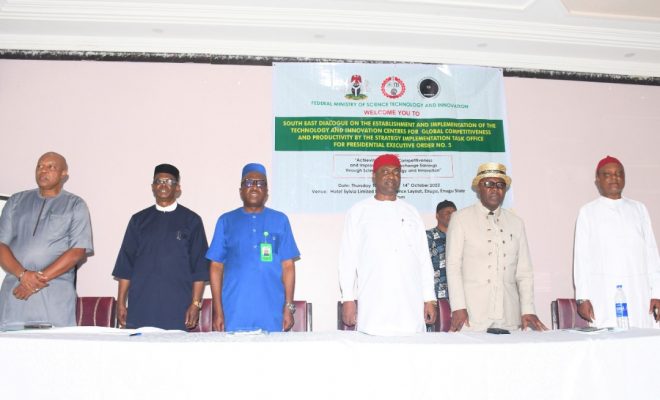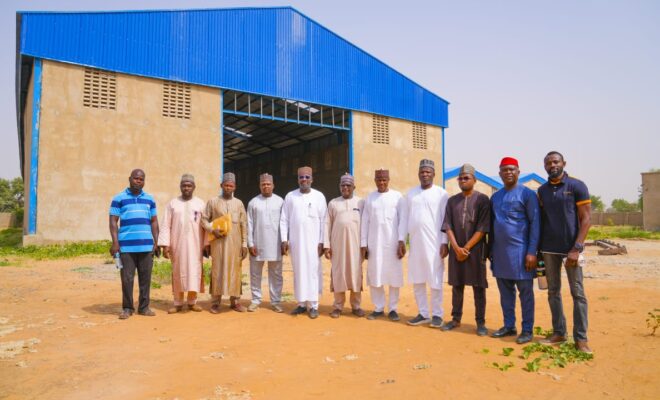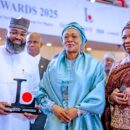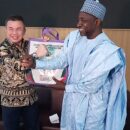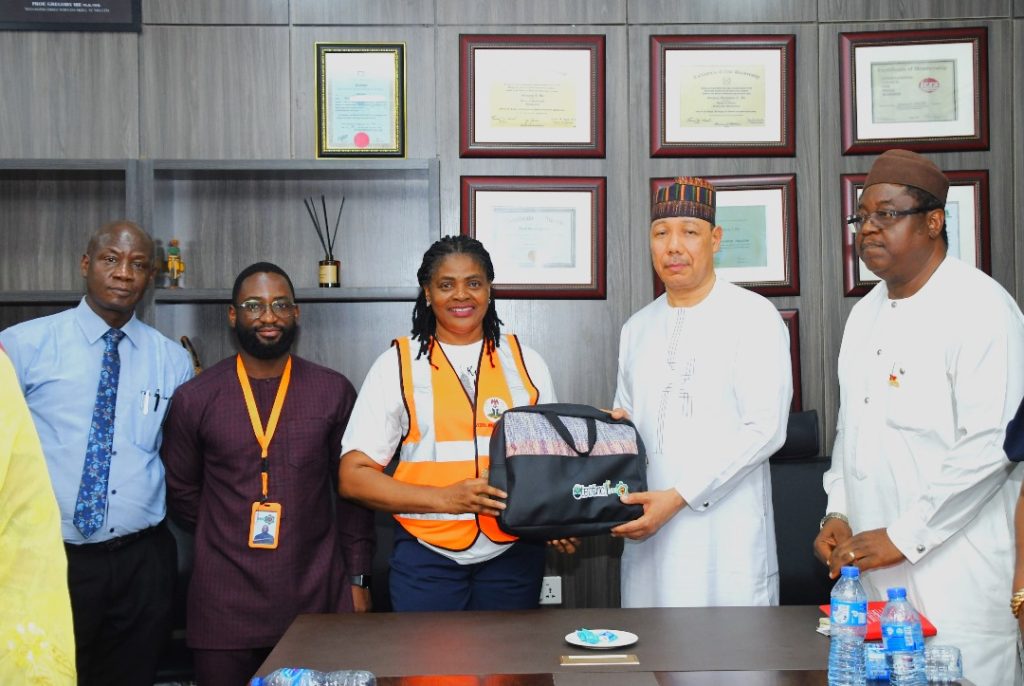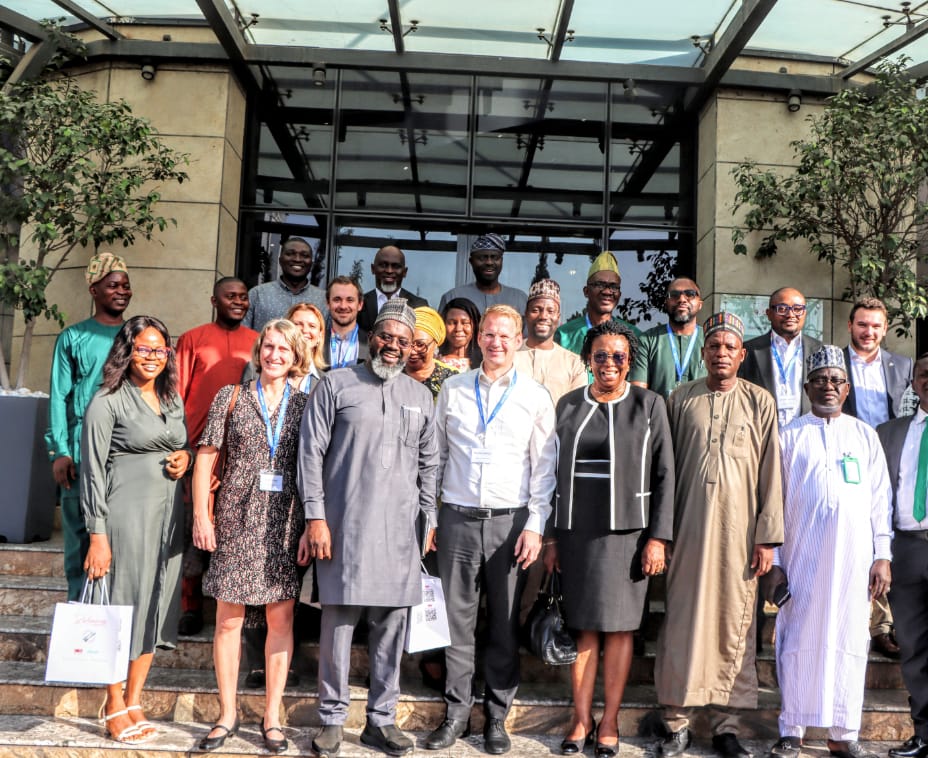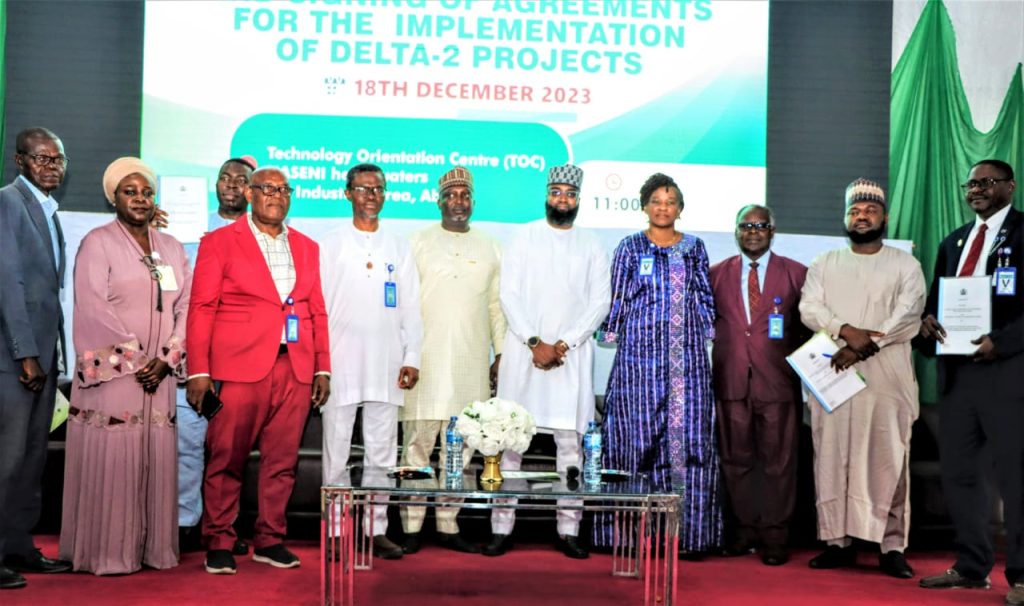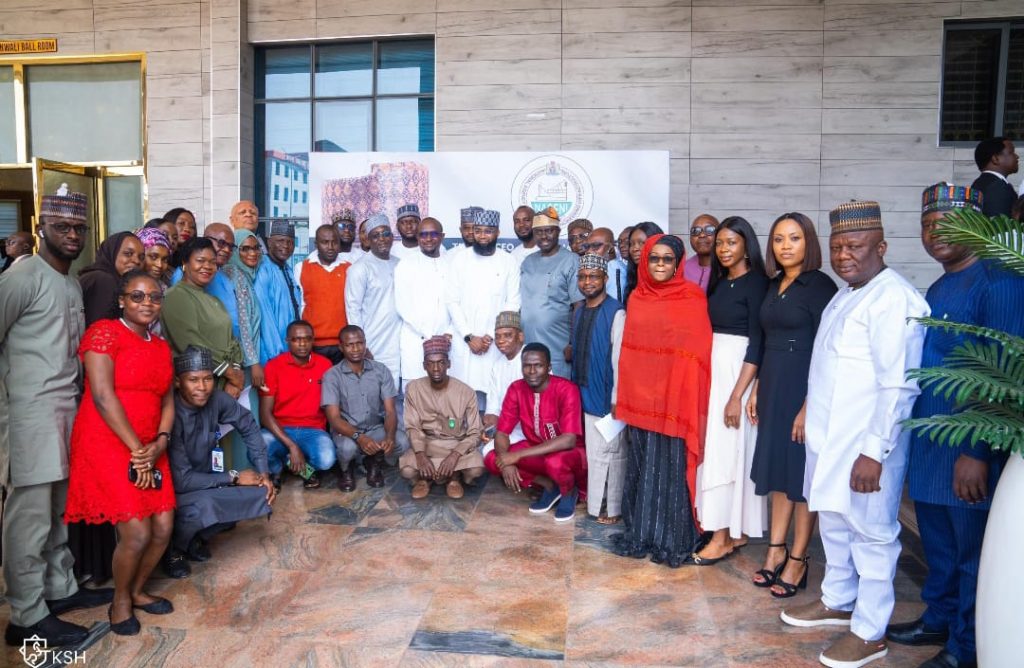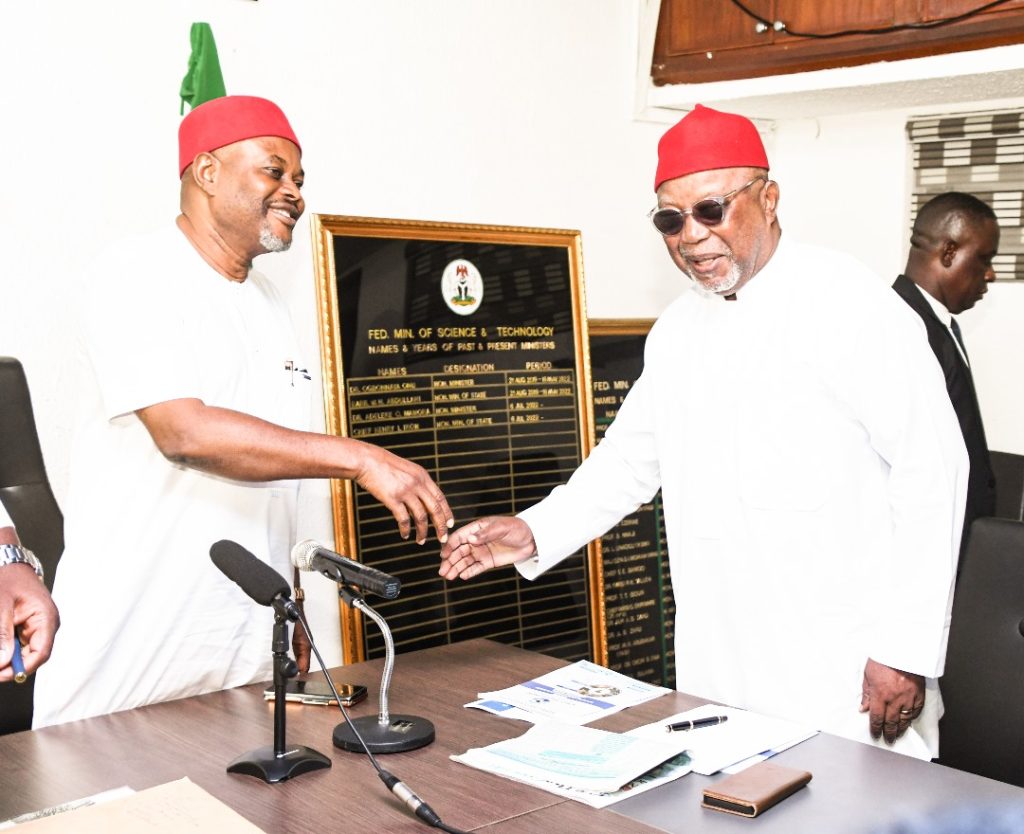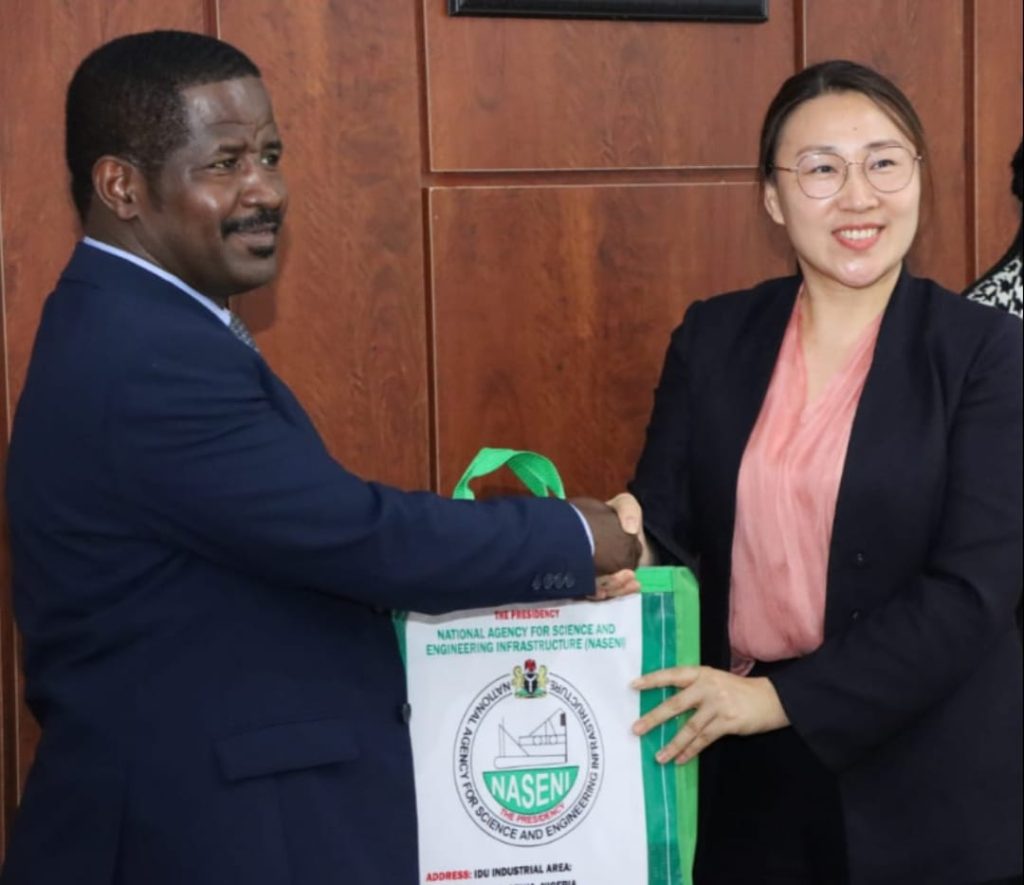IF ONLY NIGERIA CAN LEVERAGE ON ELECTRIC BUS AND WATER COOKING STOVE

Nigerians have expressed hope over the news of recent outstanding inventions by Mustapha Gajibo and Hadi Usman. Mustapha, an auto engineer has released a new set of electric buses from his auto company, Pheonix Renewables built with about 65% materials locally sourced. The newly released 12 -seater bus which is capable of covering 212km at the speed of 110km per hour after a single charge is said to be 100% electric and also runs on solar panels.
There are commendations already about his efforts and passion for electric cars which has seen him produced a number of them in use in the city of Maiduguri, Nigeria.
In a similar development, another Nigerian, Hadi Usman invented a water-cooking stove. What this means is that the product does not require gas or kerosene to make fire, the special stove combines water and air pressure to produce fire. Hadi Usman is believed to be an indigene of Jekadafari area of Gombe State, Nigeria.

These two amazing concepts would no doubt be a suitable alternative amid an unprecedented increase in price of fuel not only in Nigeria but on a global scale. And if this and similar talents are properly harnessed, it will put Nigeria and Africa at par with developed nations in terms of research, innovation, and technological advancement.
The only concern is that Nigeria’s indigenous inventors today are going through difficult times unlike other countries like United States and China which had put in place policies and systems that promote indigenous innovations. China for instance uses public procurement, support for megaprojects in science and technology and the development of technical standards for key industries to encourage Chinese firms to develop their intellectual property.
Although the Chinese innovation initiatives were said to be criticized by international trading partners who argue that they conflict with WTO rules, and therefore the policies have become a major issue in the US-China trade war. This Innovation theory recognizes such policy instruments as useful for the upgrading of innovative capabilities in domestic firms. China, therefore, continues to support indigenous innovation and has done so for quite some time; with several studies demonstrating an enviable impact in China’s economy.
It also said that the promotion of indigenous innovation signals a search for a Chinese mode of innovation, and examples of such approaches include the design of Shanzhai consumer products, rapid scaling up of production, and quick commercialization for market entry. Those features are said to signal the emergence of phenomena that may have implications for technological and economic balance. This may serve as lesson for Nigeria to sustain the hopes of the millions of her citizens that are now yearning for development real-time.



